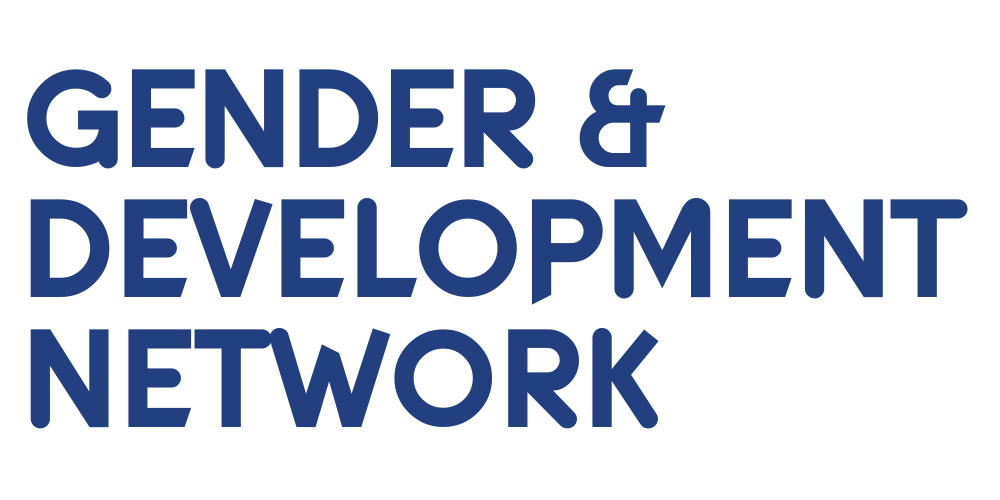November 2014
Insights and practical ideas to understand why and how to integrate gender equality and the rights of women and girls into international development campaigns. Aimed at campaigners and communications, fundraising or policy staff with a significant element of campaigning or advocacy in their role.
Read More



